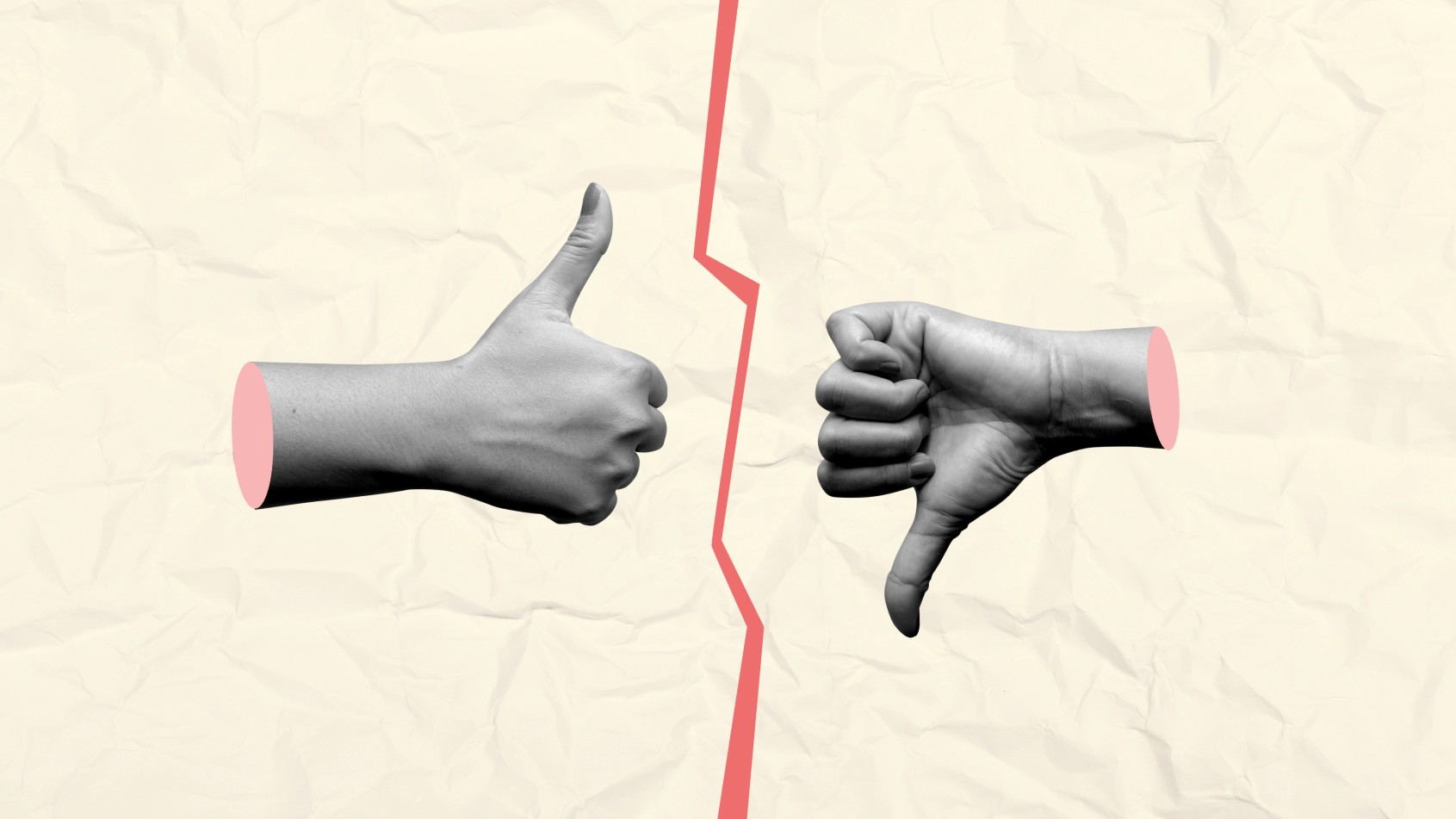Kurt Andersen worries that America’s political conversations are turning into polarized and specious ‘echo chambers.’
Question: What keeps you up at night?
Kurt Andersen: Apart from my own, how many days on earth I have left and my own children's and wife's safety and health and all that, I would say one of the things that keeps me up is the fracturing of the national political discourse into these echo-chambers where the left talks to the left and the right talks to the right and in their little echo-chambers everybody gets excited and believes they have an absolute purchase on the truth. The degree to which technology, the Web, five hundred channels on television, and radio God knows, has enabled that kind of echo-chamber discourse to the disadvantage of a national discourse where there's a sort of fair minded searching for the truth and civil discourse. That whole thing worries me, actually. And that people are believe they have the answers and believe they know the truth rather than some seeking of the truth. Again, I don't think it's entirely -- it's not an entirely new world that we're living in but I do think that these sort of -- this echo-chamber everybody preaching to their own choir and talking to the converted as a kind of replacement for a bigger tent of national conversation; that worries me.
Question: Are there any interesting national conversations going on now?
Kurt Andersen: Sure. Here and there. I mean, you know, I think there are still disinterest in fair minded seekers of the truth around that aren't necessarily on FOX News and aren't necessarily on MSNBC, but -- and not to -- there are also decent people even in those -- at the margins, and the left, and on the right. So yeah, I am not without hope but the trend of the last dozen years in this realm is a little worrisome to me.
Question: How do we get out of this?
Kurt Andersen: Well that's a good question. And I don't know the answer and we'll see because the tooth paste doesn't go back in the tube but I've also learned after my half century of life and my reading of history that it's also not necessarily correct to simply extrapolate from the data point where we are and say, "Oh, my God. It's all, it's over. We're never going to have a civil national conversation that gets us any place." I mean, the election of the President we have, we can all carp and criticize, "Oh, he's done this. He shouldn't have done that. He should do more." But Barack Obama does, to my mind, still, whatever else he represents, represents a commitment to empiricism, civility, looking at the facts, not name calling; all those things that, to my mind, are what we all, as Americans, as citizens of the world, want to try to celebrate and make be the way that a national conversation can happen. Inevitably, in -- with fits and starts and backtracking but I know it's a cliché but the very fact that this guy is our President tends to give me a little hope.
Recorded on: October 13, 2009






